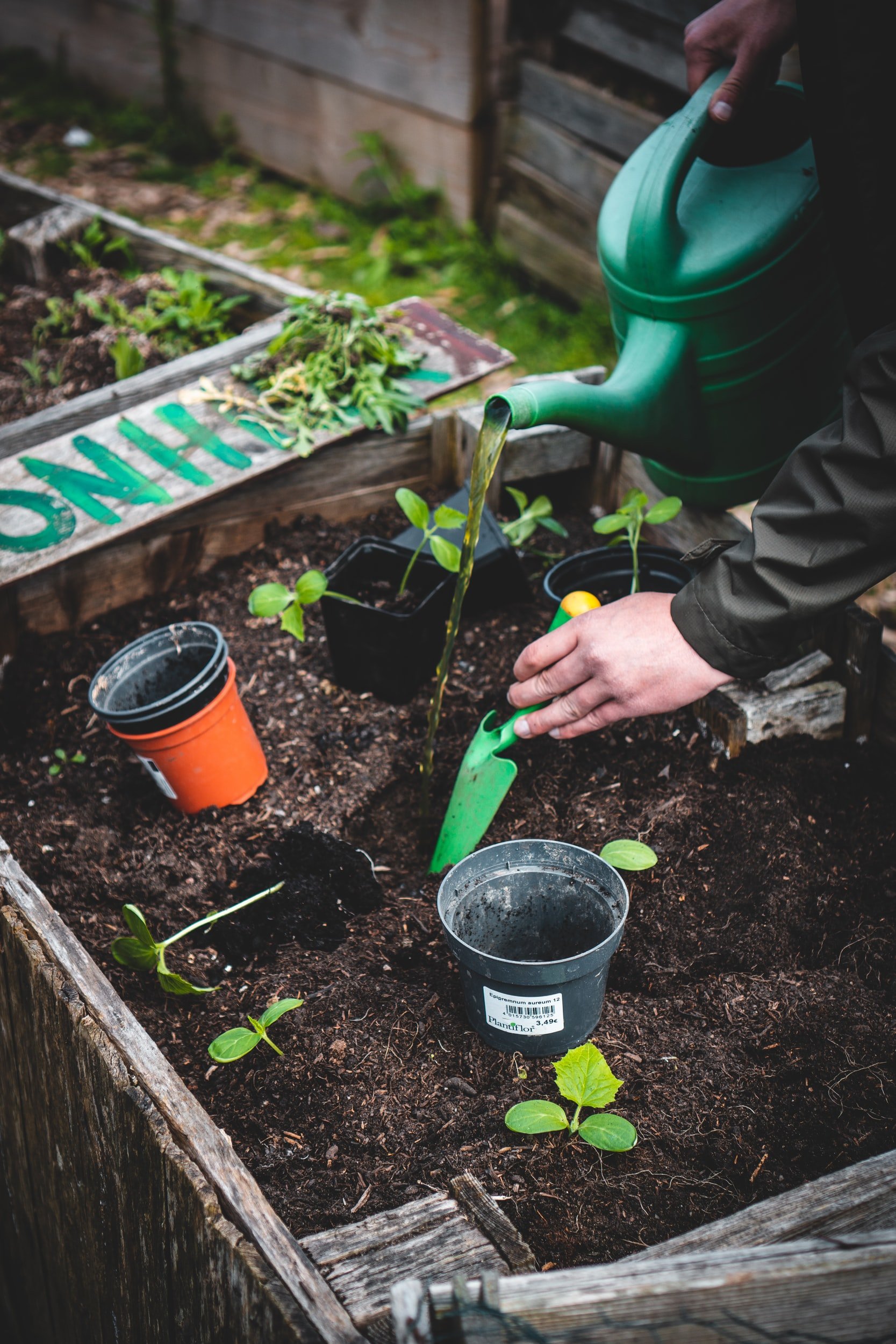Insecticides and Herbicides: How, When and Where to Use Them
"Viewed from a distance, everything is beautiful." ― Tacitus
Spring is coming and many of us are looking forward to green yards, lush flower gardens and the vegetables for our tables. Gardening is a balance between beneficial plants and those that feed on what we grow to view and eat. Herbicides, insecticides and broad-scale pesticides are there for a very good reason: They're created to keep our plants healthy and available for our use, but they can cause havoc on our land.
With those powerful tools, however, comes a responsibility. Find a balance between the way you manage your gardens and the impact you have on the land you live on.
Care and Feeding of Pollinators
Almost everyone has learned about the decline in the population of honey bees, wild bees, butterflies and other pollinators. Nearly 80 percent of the species of food crops in our grocery stores depend upon these bees, wasps, flies, moths, birds and even bats. The loss of species can be traced to reduction of habitat, mismanagement of land use and, certainly, overuse of pesticides.
You don't have to go all "green" and squishy-eco-friendly about making an important improvement. Some basic changes can make all the difference. For example, don't be too quick about mowing the dandelions and white clover (those little white flowers that show up in your lawn every spring). The early hatching bees, such as mason bees and bumblebees, depend upon them for survival in the early weeks after snow-melt; don't mow too early or too low, and certainly don't use pesticides right away.
Feed and House the Pollinators
Choose some areas behind and around bushes and trees, some "rough" areas by fences and near streams and leave them for the insects and nesting birds. Your local gardening store almost certainly has mason bee nests; put some up on a shed or behind a garage to provide a place for these important pollinators to live. Grow a pollinator-friendly garden; your local public library is sure to have a book on the subject or, if not, ask the reference librarian to inter-library loan one for you. For that matter, contact your local county extension agent (they're in the telephone book) for information on what to grow to encourage pollinators.
Choosing Herbicides and Insecticides
There are times when you have to use pesticides to take care of infestations of destructive plants and insects. Choose carefully; ask advice from someone at your local garden store or county agent; read and follow the directions carefully. Choose a calm day, when the spray will not spread; mow and cut flowers so that flowers will not infect beneficial insects. (Remember that the majority of insects are beneficial - don't kill the good with the bad).
Enjoy Your Yard and Garden
The beauty of a well-maintained garden and yard is the reward that God gives us every spring. Enjoy and appreciate it every year. With care and management, you can enjoy a long and wonderful summer in the sun.


